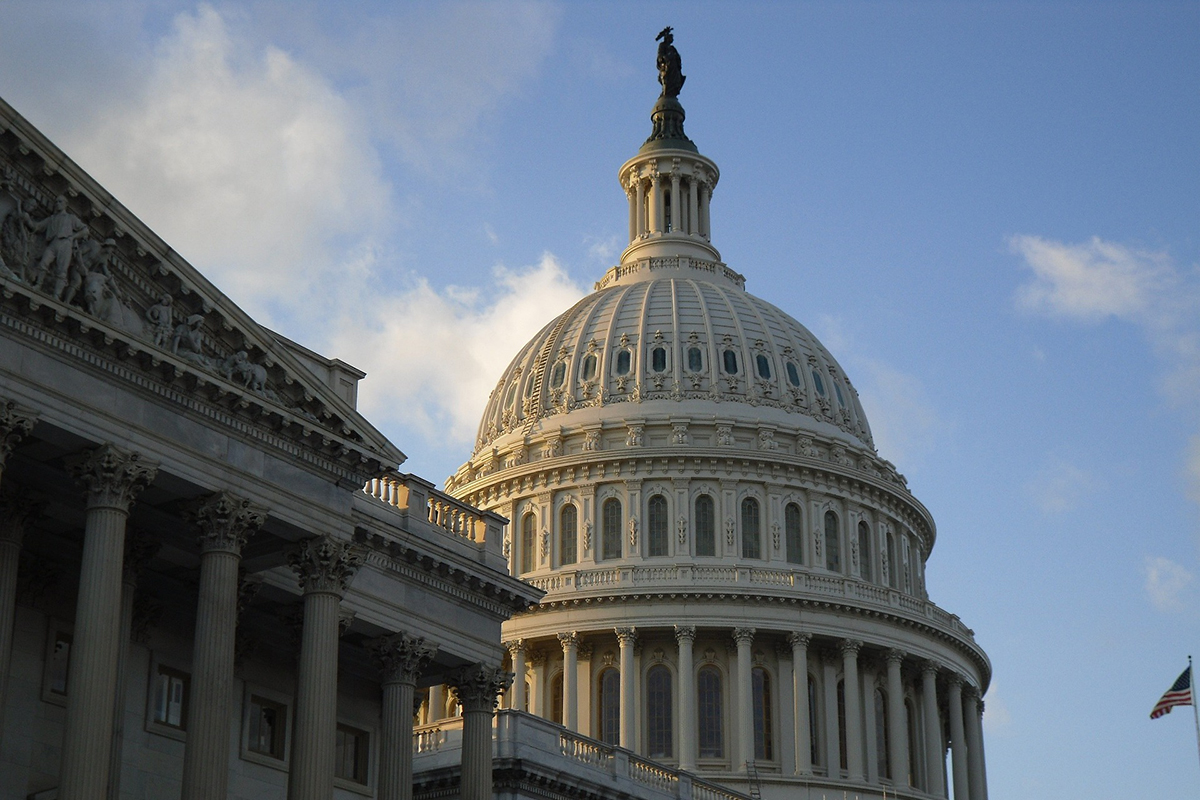Disappointment and Criticism Follow U.S. Veto at UN
In a move that has sparked significant disappointment among Palestinian officials, the United States recently vetoed a United Nations resolution calling for an immediate humanitarian cease-fire in the Gaza Strip. The veto, which countered the overwhelming support of the resolution by 13 Security Council members, has been met with resounding criticism from Palestinian representatives and international observers.
Husam Zomlot, the Palestinian Ambassador to the United Kingdom, voiced his frustration in a statement to CNBC’s Dan Murphy, saying, “It was the U.S. who failed the Palestinians. The U.S. has stood between humanity and peace and security.” This sentiment was echoed by Mohammad Shtayyeh, the Prime Minister of the Palestinian Authority, who described the veto as “sad” and “shameful,” emphasizing the isolation of the U.S. position in the international community.
The Context of the U.S. Decision
The U.S. decision comes amid reports of Israel using white phosphorus in an attack on Lebanon, injuring civilians. A White House spokesperson, John Kirby, acknowledged these concerns, indicating that the U.S. would investigate further. A Washington Post analysis confirmed that the munitions used in the attack were U.S.-made.
From Chatham House’s Middle East North Africa program, Sanam Vakil noted that the veto was not entirely unexpected, given the strong U.S.-Israeli ties. She suggested that the U.S. aims to allow Israel more freedom to achieve its military objectives, which she believes include targeting the leadership of Hamas.
The Gaza Conflict and International Response
The Gaza Strip has been a focal point of conflict, with Israel conducting airstrikes in response to attacks by Hamas, a Palestinian militant group. This escalation follows a significant terror attack by Hamas on October 7, leading to U.S. President Joe Biden’s visit to Israel and pledges of extensive military support.
The U.S. and Israel’s opposition to the cease-fire centers on the belief that it would primarily benefit Hamas, allowing them to regroup. However, the U.S. has also urged Israel to reduce civilian casualties. Robert Wood, deputy U.S. ambassador to the U.N., stated that while the U.S. supports lasting peace, it does not endorse an immediate cease-fire, fearing it would only lead to future conflicts.
A Brief Respite and Ongoing Hostilities
A seven-day pause in fighting allowed for humanitarian aid in the Gaza Strip and the release of some hostages and detainees. However, this pause ended on December 1, with hostilities quickly resuming.
The conflict has had a devastating impact on the Gaza Strip, with officials reporting over 17,900 deaths and approximately 1.9 million people displaced since the Hamas terror attacks.
The U.S. veto at the UN represents a significant moment in the ongoing Israeli-Palestinian conflict, reflecting the complex interplay of international diplomacy, national interests, and humanitarian concerns. While the U.S. stance aligns with its long-standing support of Israel, it also highlights the challenges of achieving a lasting peace in a region marred by decades of conflict.







